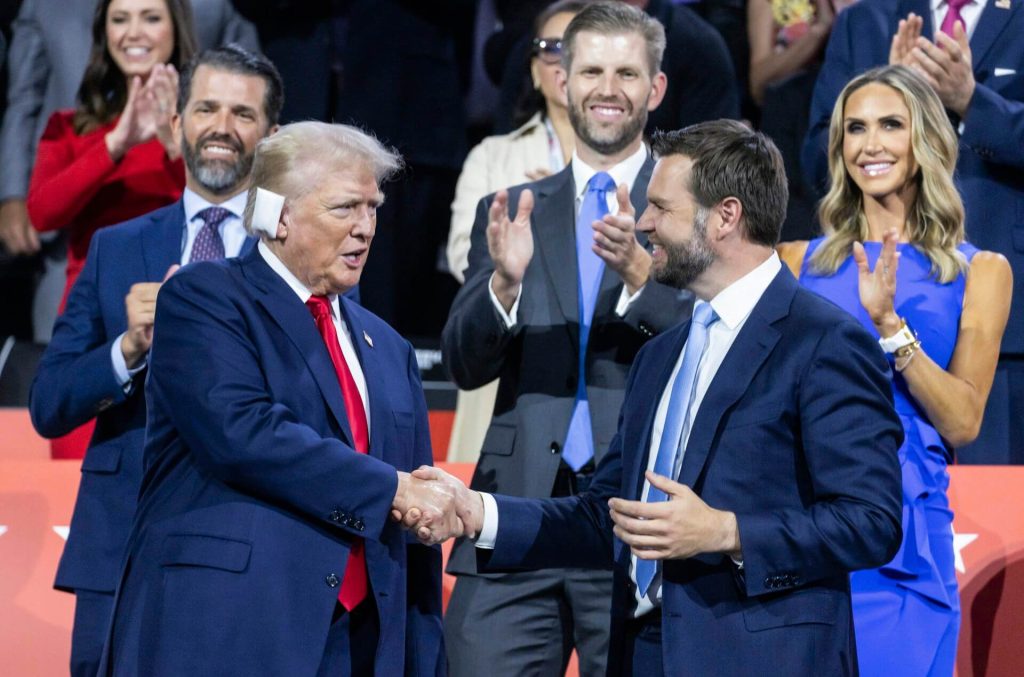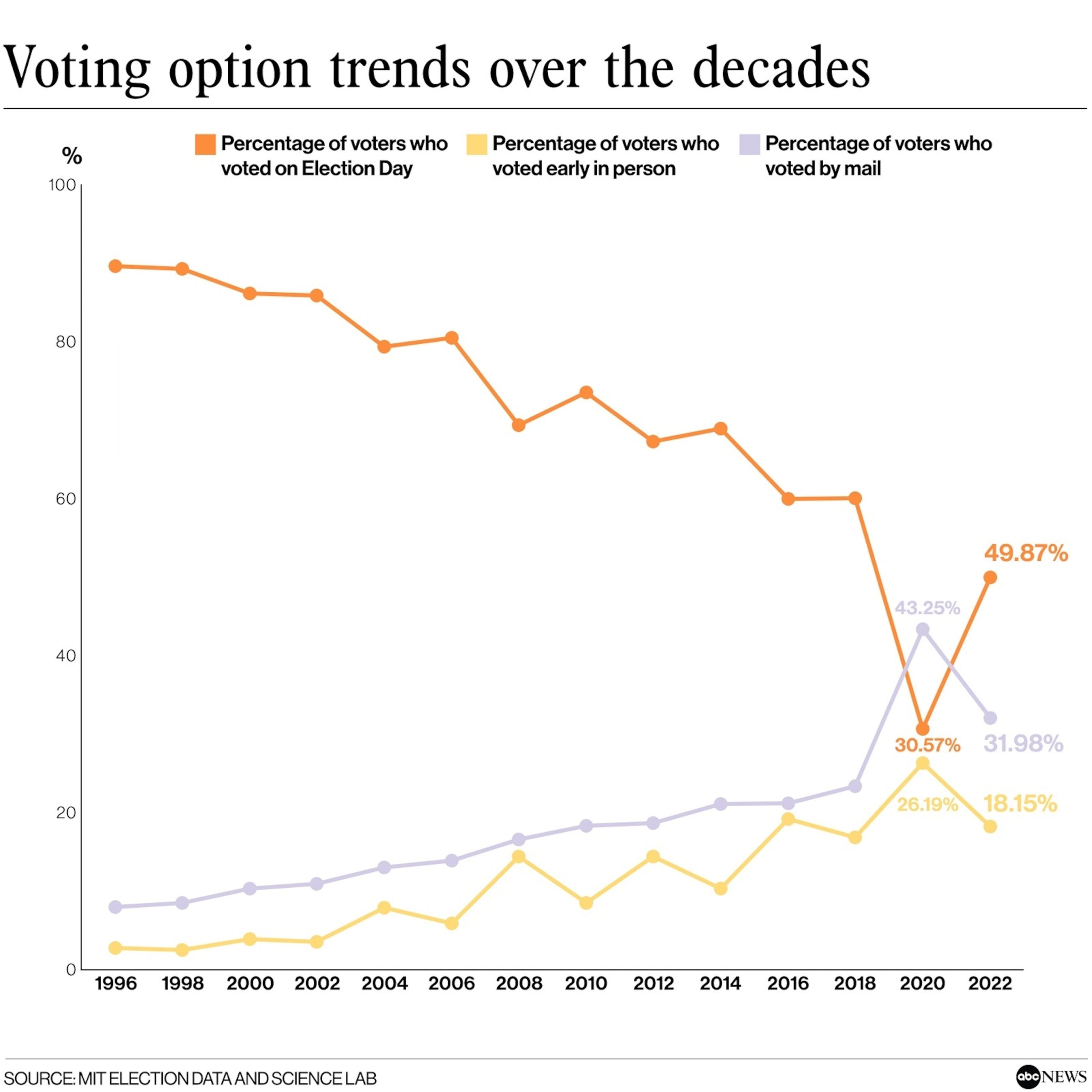After months of anticipation, JD Vance has been selected as Donald Trump’s running mate for the 2024 election, positioning him as a potential leader of the ‘America First’ movement.
Despite having less than two years in Congress, the Ohio senator’s political inexperience is contrasted by his distinct foreign policy views. These views diverge from those of Trump’s previous vice president, Mike Pence, who often sought to clarify Trump’s unpredictable actions to international allies.
As Trump’s vice presidential pick, Vance’s perspectives could significantly influence global politics if Trump is re-elected. But what would a Vance vice presidency mean for the world?
Vance is among the ‘Asia First‘ Republicans advocating for a reduced focus on Europe and a shift towards countering China’s rise. He has been a vocal critic of ongoing US aid to Ukraine, arguing that Europe should increase its military support to Kyiv. Notably, he stated, “I don’t really care what happens to Ukraine one way or another,” following Russia’s invasion in February 2022.
However, Vance clarifies that he doesn’t advocate for abandoning Europe. Instead, he wants to prioritize addressing what he sees as a greater threat to US interests: competition with China. He describes his stance as “economically nationalist,” promoting increased US manufacturing to counter China, even if it comes at a cost to GDP.
Vance believes that higher tariffs on Chinese imports will create economic opportunities in Rust Belt states. He has even praised Biden’s CHIPS and Science Act for boosting domestic semiconductor manufacturing. However, his co-sponsorship of legislation to revoke China’s favored trade status could destabilize the global economy.
While Vance aims to focus more on the Indo-Pacific region, he has said little about US alliances in Asia. He has expressed support for AUKUS and aims to promote US allies with aligned interests. His support for Taiwan is based on economic concerns, as he believes an invasion could harm the US economy.
Vance’s views on climate change have evolved. Initially acknowledging the “climate problem,” he later expressed skepticism about human responsibility for climate change during his Senate campaign. He also sought to repeal tax credits for electric vehicles.
Vance has previously cited foreign policy as a key reason for supporting Trump. In early 2023, he endorsed Trump’s presidential run, praising his “successful foreign policy” as the most significant part of his legacy.
Though the vice presidency traditionally has limited power, Vance could play a crucial advisory role, particularly in foreign policy. With Trump’s backing, he could also be well-positioned for a presidential run in 2028.
Vance’s evolving views make it challenging to predict his impact as vice president. However, understanding his foreign policy philosophy could be key to anticipating the dynamics of a second Trump term or a future Vance administration.










